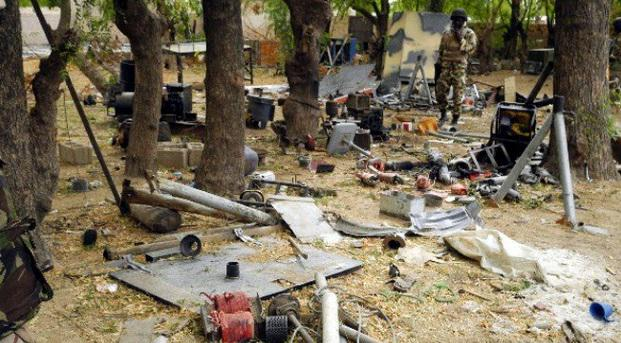The Lagos Chamber of Commerce and Industry (LCCI) has called on the federal government to review the automotive policy which increases import tariff and levies on motor vehicles.
The chamber urged government to seek consultation with stakeholders in order to develop a sustainable road map for the development of the automobile sector.
In a statement made available to journalists, the chamber the chamber said it “notes with concern the recent sharp increases in the import tariff and levies on motor vehicles. The policy has potentially harmful effects on the economy and the welfare of citizens,” it stated.
“As a major stakeholder in the economy, the Chamber welcomes a policy thrust that seeks to promote self-reliance in the Nigerian economy because there is great value in domesticating spending.”
“However, in pursuit of this laudable aspiration, proper policy sequencing is imperative. Import dependency is only a manifestation of deeper issues of low productivity, weak competitiveness and flawed foreign exchange policy in the domestic economy.”
LCCI argued the recent tariff review would have negative consequencies for the economy if not reviewed, questioning the appropriateness of timing and sequencing of the policies.
“It is inappropriate for government to begin the pursuit for a self-reliant automobile sector with the imposition of high import tariff on vehicles when there are fundamental supply side issues to resolve as well as low local value addition and capacity for backward integration in the sector,” LCCI stated.
The chamber further said listed some of the negative outcomes to include: escalation of smuggling of motor vehicles with corresponding loss of revenue to government; ethical players in the sector will be crowded out of business because of the weak institutional capacity to ensure compliance with the new tariff; as well as the porosity of the borders; higher transportation costs with corresponding impact on inflationary conditions in the economy,” it said.
Nothing that this would happen because over 85 per cent of the freight in the economy is moved by road; so also is the movement of the citizens; vehicle ownership will be put further beyond the reach of the Nigerian middle class, especially in the face of poor credit access and high lending rates in the economy; and loss of maritime sector jobs to neighboring countries.”
“For the current automotive policy to endure, the forgoing conditions must be substantially met. Imposition of high tariff in the face of weak supply side response would only worsen the welfare condition of citizens and escalate operating costs in the economy.”
“Coupling of CKDs would not deliver the kind of value the economy desires from a truly self-reliant scenario. The local value addition in this scenario is not significant and therefore cannot create the desired value for the economy in terms of the number and quality of jobs”, the chamber added.
LCCI stressed the need for government to consult with stakeholders to review the framework for the utilization of the automotive development fund in order to ensure proper targeting for the development of domestic capacity for the automobile sector.














